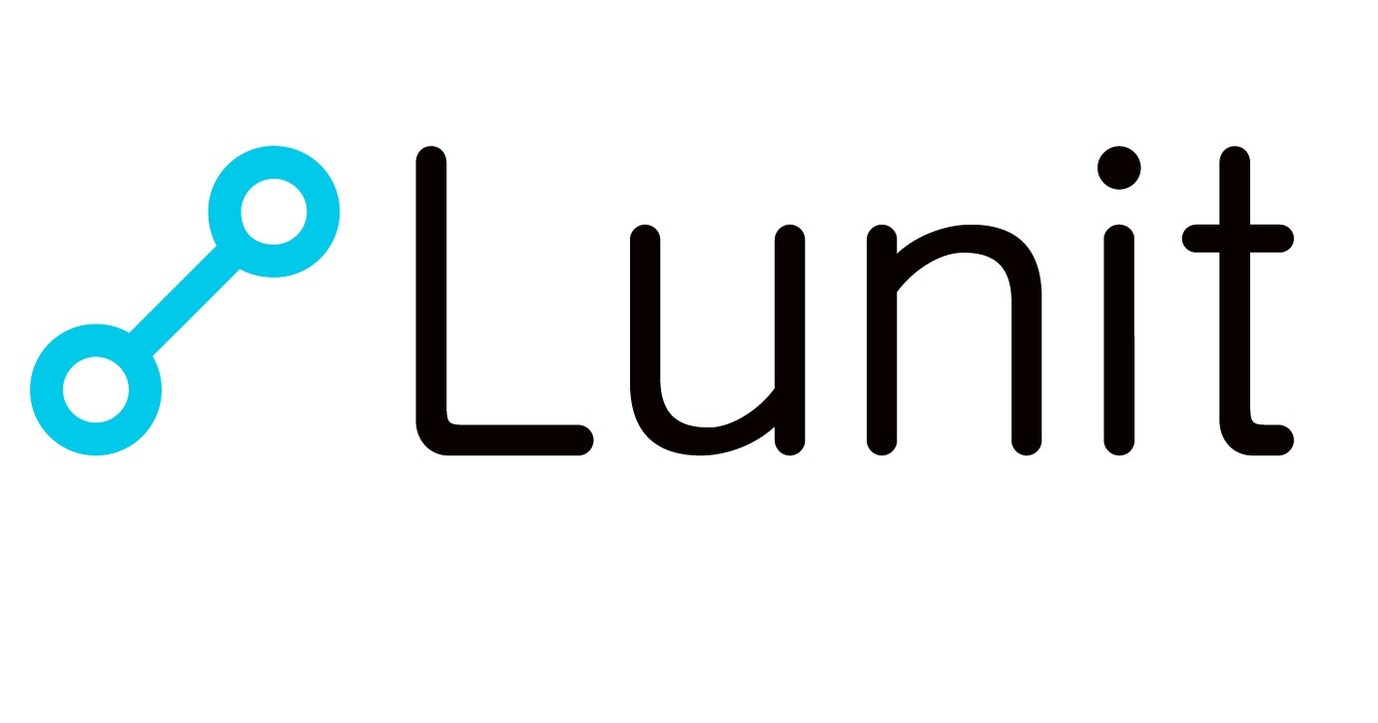Lunit Highlights AI’s Role in Advancing Precision Oncology at ASCO 2025 with 12 Studies
 Lunit (KRX:328130.KQ), a leading provider of AI for cancer diagnostics and therapeutics, announced on May 23 that 12 studies featuring its AI-powered digital pathology solution will be presented at the 2025 American Society of Clinical Oncology (ASCO) Annual Meeting, taking place May 30–June 3 in Chicago, IL. Of these, 11 studies will be presented as posters and one as an online publication.
Lunit (KRX:328130.KQ), a leading provider of AI for cancer diagnostics and therapeutics, announced on May 23 that 12 studies featuring its AI-powered digital pathology solution will be presented at the 2025 American Society of Clinical Oncology (ASCO) Annual Meeting, taking place May 30–June 3 in Chicago, IL. Of these, 11 studies will be presented as posters and one as an online publication.
One of the featured studies, conducted with Japan’s National Cancer Center Hospital East (NCCE), evaluated HER2 expression in biliary tract cancer (BTC) patients using Lunit’s AI-powered analyzer. The resulting AI scores showed strong agreement with pathologist-assigned IHC scores in a 288-patient screening cohort. Among 29 patients treated with trastuzumab deruxtecan (T-DXd), those with higher levels of HER2-intense tumor cells achieved a higher objective response rate (ORR) of 50%, along with significantly longer progression-free survival and overall survival. The study also found that AI-derived “membrane specificity” helped identify additional responders who achieved a 50% ORR and improved survival. This group included not only HER2-intense patients but also some traditionally classified as HER2-low, suggesting that the metric may expand the pool of patients who can benefit from T-DXd. These findings suggest that AI-powered HER2 analysis – especially when incorporating membrane specificity – could expand access to targeted treatment and enable more precise therapy selection in BTC.
A separate prospective study conducted with NCCE evaluated the concordance between pathologist- and AI-assessed PD-L1 expression in lung cancer patients enrolled in LC-SCRUM, one of Japan’s largest nationwide observational cohorts, using Lunit SCOPE PD-L1. The study included 847 non-small cell lung cancer (NSCLC) and 102 small cell lung cancer (SCLC) patients. The overall concordance between the AI model and three expert pathologists was 70%. Concordance was particularly high in key subgroups: 84% for TPS ≥50% and 94% for TPS 1–49%. Of the 416 patients initially classified as TPS <1% by pathologists, the AI identified 231 with higher PD-L1 expression. Since PD-L1 scoring is widely used to guide treatment eligibility, these results highlight the potential of AI-powered PD-L1 evaluation to uncover additional candidates for immunotherapy who may have been previously excluded based on low TPS. The high concordance with expert pathologists also reinforces the reliability of the AI model as a clinical decision-support tool.
A third highlighted study introduced an AI model to predict CLDN18.2 expression in gastric cancer. CLDN18.2 is a therapeutic target for zolbetuximab. It is typically assessed using immunohistochemistry (IHC), which is often limited by tissue quantity, cost, and time. To address this, researchers trained the AI on H&E slides and validated it in the external cohort. The model achieved AUROCs over 0.751, suggesting the potential to efficiently pre-screen CLDN18.2-positive patients using only H&E slides. The study also analyzed immune phenotypes using AI-powered whole-slide image analysis to explore treatment implications. Among patients predicted to be CLDN18.2-negative, those with an “inflamed” phenotype—marked by high tumor-infiltrating lymphocyte (TIL) density—showed significantly better outcomes when treated with immune checkpoint inhibitor plus chemotherapy compared to chemotherapy alone. These findings suggest that combining AI-based CLDN18.2 prediction with immune phenotype analysis could guide first-line treatment decisions without additional IHC tests.
“Our ASCO 2025 presentations build on years of work to turn AI into a clinically dependable tool—not just for reading pathology images, but for improving how we select the right treatments. From HER2 scoring in biliary tract cancer to PD-L1 evaluation in lung cancer, our models are helping uncover treatment opportunities for patients who might otherwise be overlooked. This level of precision and reproducibility is exactly what AI needs to deliver real clinical value,” said Brandon Suh, CEO of Lunit.
In addition to these three featured studies, Lunit will present 9 additional abstracts covering a wide range of research topics. These include AI-based subcellular profiling to assess the drug-targetability of 74 membrane proteins across 34 cancer types, and deep learning analysis of endothelial cells to understand how the tumor vascular environment influences immunotherapy response.
Lunit will be exhibiting at Booth #26149, where attendees can learn more about the studies and AI solutions featured at this year’s ASCO.
SOURCE: Business Korea
































